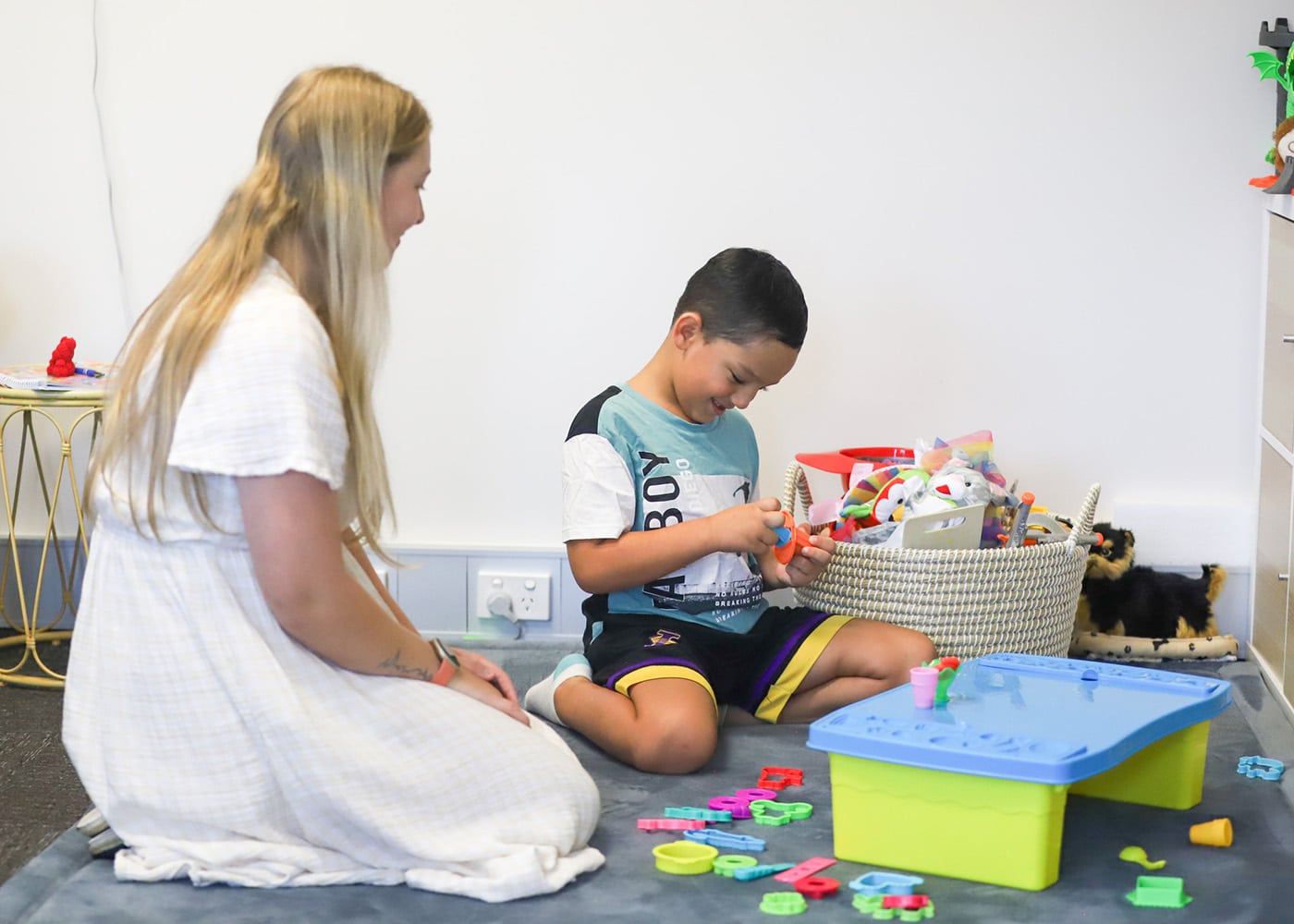Tips for People Pleasers
Are you a people pleaser who often puts others’ needs before your own? It’s essential to learn how to set boundaries for your well-being. Here are seven practical strategies to help you prioritize self-care and maintain healthier relationships.
- Self-Reflection
Take time to understand your boundaries.
Reflect on your needs and limits.
Recognize that setting boundaries is a form of self-care. - Identify your priorities
Determine your core values and what matters most to you.
Use these priorities to guide your boundary-setting decisions.
Remember, it’s okay to say “no” when something conflicts with your values. - Practice Assertiveness
Communicate your boundaries in a calm and clear manner.
Use “I” statements to express your feelings and needs.
Be direct but respectful when stating your limits. - Learn to say no
It’s okay to decline requests or opportunities.
Saying “no” is not a rejection of others but a protection of yourself.
Provide brief and polite explanations when needed. - Set consequences!
Be prepared to enforce your boundaries.
Communicate consequences if your boundaries are not respected.
Stick to the consequences when necessary, maintaining your self-respect. - Seek Support
Share your boundary-setting journey with a trusted friend or therapist.
Ask for guidance and encouragement when faced with challenges.
Surround yourself with people who respect your boundaries. - Self-care rituals
Prioritize self-care practices to recharge and nurture yourself.
Engage in activities that bring joy, relaxation, and peace.
Self-care is an essential part of maintaining boundaries and emotional well-being.
Setting boundaries is a powerful tool for maintaining healthy relationships and protecting your emotional well-being. As a people pleaser, you can learn to balance your desire to make others happy with the need to care for yourself. Remember that it’s a process, and with practice, you can master the art of setting boundaries that benefit both you and those you care about.






